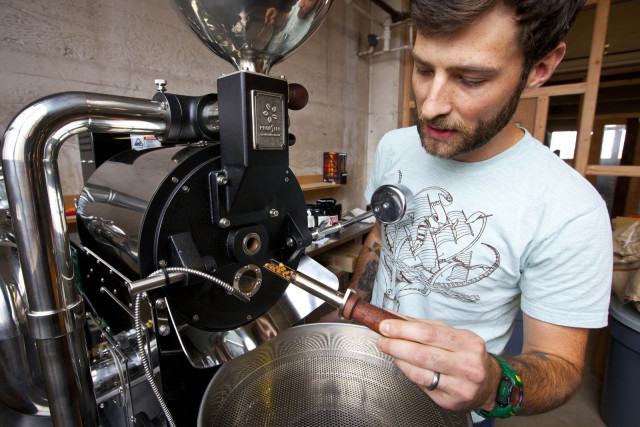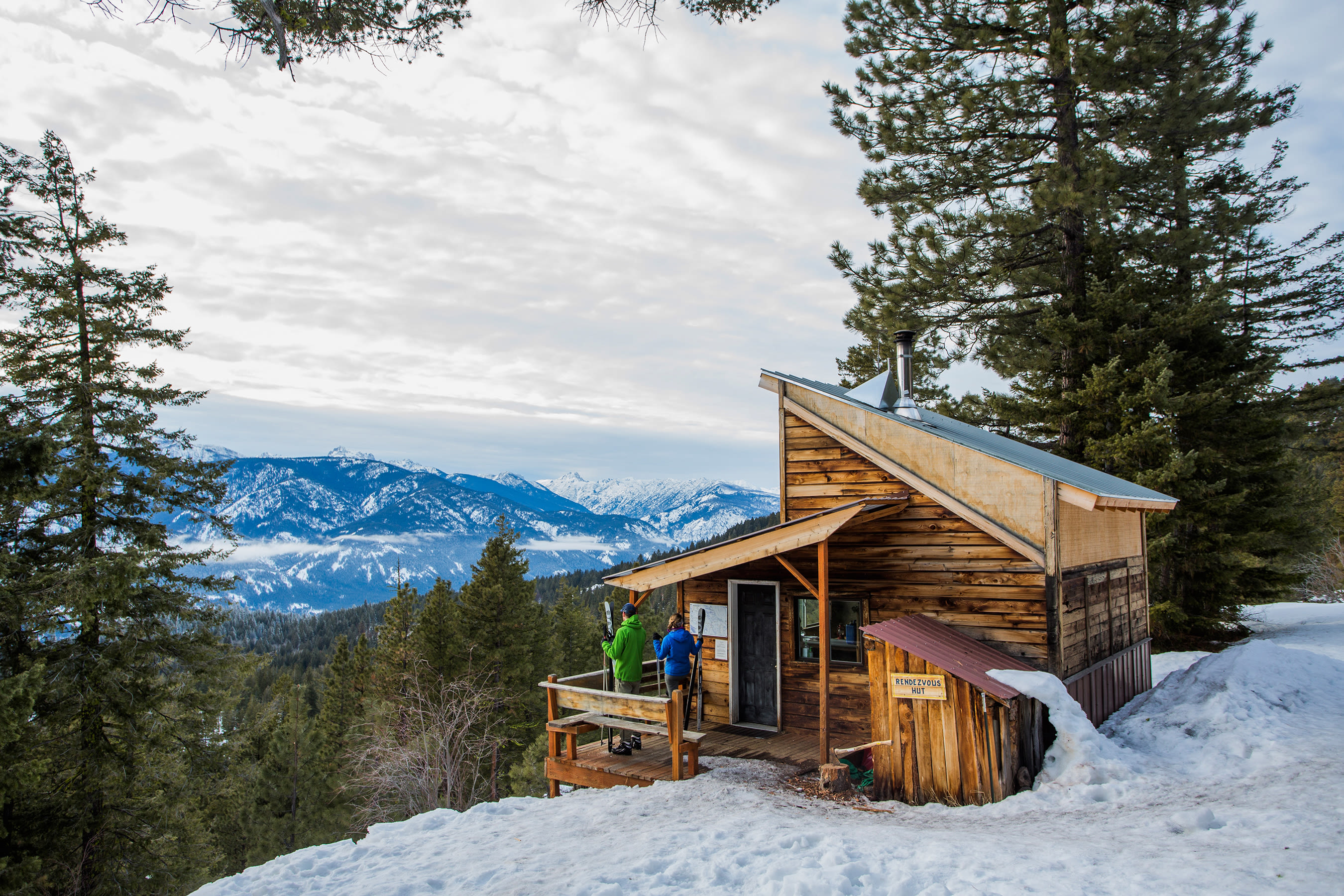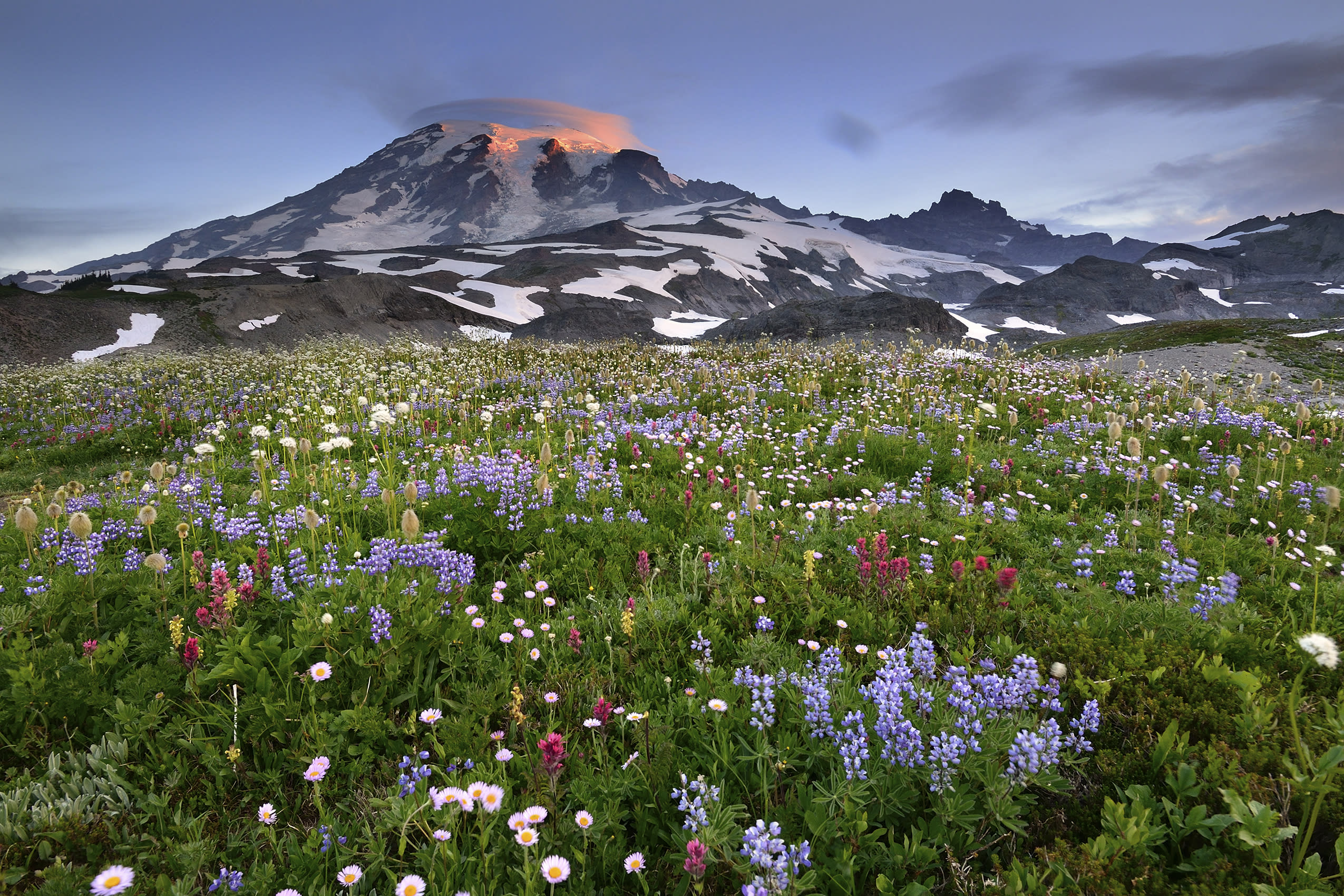Five Questions with Roseline Coffee’s Marty Lopes

Photo courtesy of Rocko Billy, Upwind Productions
Even in Portland, with it's caffeine-addled food scene, a great meal is often followed by bad coffee. New-world restaurateur and ChefStable founder Kurt Huffman is bent on changing that. “The coffee bar is high in Portland with Stumptown Coffee,” says Huffman, “so if you do your own program in a restaurant, it had better be perfect.” His secret weapon? Micro-roasting veteran Marty Lopes, who spent years roasting coffee at Extracto and later curating coffee at Barista before starting up his own super small-batch roastery, Roseline Coffee. Lopes has been tapped to roast the coffee, fine-tune the equipment, and transform the staff into fully-fledged baristas at ChefStable’s Francophile-focused St. Jack, with possible coffee expansions planned for the future. We sat down with ChefStable’s new coffee arm to get the scoop on Portland’s ever-changing mud scene. Here, boiled down, is what we extracted.
1. Portland is such a saturated coffee town. What does Roseline bring to the table?
We refine each roast for each individual coffee to a meticulous level, down to the last second it spends in the roasting machine. Getting the coffee dialed in is the easy part; its all trial and error. It’s the people making the coffee that are most important. At St. Jack, they need to be able to talk about varietals, specific regions, processing techniques, and the market as a whole to explain why we do what we do. I’m not trying to reinvent the wheel here; just trying to kill it with our coffee and make sure each customer gets that warm, fuzzy feeling with their first sip.
2. What’s the story behind the name?
The name is a subtle nod to Portland’s nickname, The City of Roses. It also describes something that occurs when you pull the perfect espresso shot. As its being pulled, a dark red line forms down the center of the cup, and you can safely say: “damn, that's gonna be a great shot.” It’s something that all baristas recognize as a mark of quality.
3. Can you describe the style of your coffee in a few words?
I’ve been saying Northwestern, juicy, and fresh. I call my style “Northwestern” because I think it’s developed out of working so closely with other roasters in the region. If I learned coffee in another city, Roseline would be totally different. It takes a whole community to establish the coffee standard and raise the bar. The result is that every city’s coffee is different.
4. What was the coffee scene like when you moved to Portland in 2006? How is it changing today?
There were fewer people doing small-batch roasting in 2006. Stumptown Coffee was already growing quickly, and all of the old-school big roasters like Boyd and Coffee Bean International were institutions. Now we’ve got more micro-roasters, more coffee houses. Coffee is continually getting more and more refined, from the "Big Green Machine" (Starbucks Coffee), to Stumptown, down to micro-roasters and my own coffee, with limited, high quality roasts rather than a larger menu with mediocre options.
5. Why has quality coffee lagged behind in restaurant culture?
Typically, chefs don't want to overshadow the main dining experience. They want their customers walking away with a dinner entree lingering on their pallet. That’s all changing. Just as a wine listed on a menu should be a "standalone" or compliment to a menu item, so should coffee. With a place like St. Jack—a restaurant dedicated to a full-pallet experience from start to finish—this concept is realized. Coffee is often the last flavor of the day, and it should be memorable.
Roseline Coffee is available at Coffeehouse-Five, Maglia Rosa, St. Jack, and The Parish




